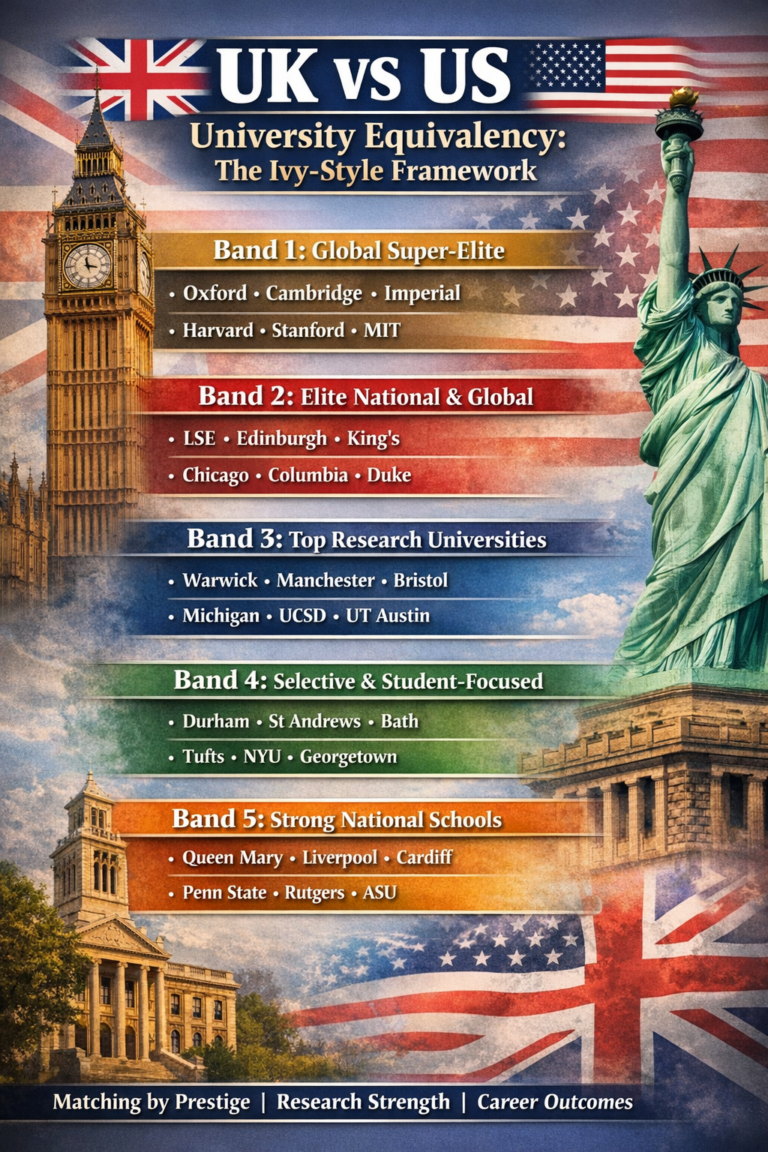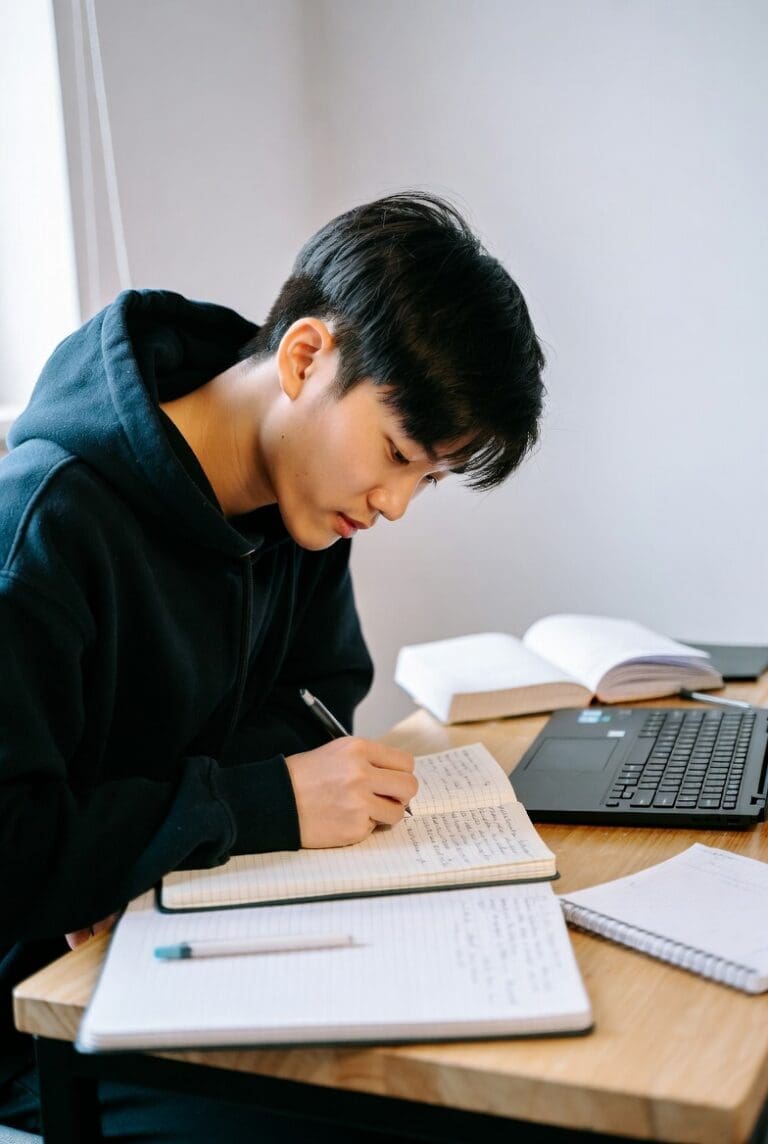Who Should You Ask for a Letter of Recommendation?
It’s normal for colleges to ask for one or more letters of recommendation as part of your application. Competitive summer programs, research opportunities, or internships often do the same. But when the time comes, many students find themselves wondering: Who should I ask?Why Recommendations Matter
What colleges and programs are really looking for is not just confirmation that you’re a good student — your grades already show that. They’re looking for insight into your intellectual curiosity, character, and growth from someone who has seen you learn, ask questions, and persevere.
A strong recommendation brings your transcript to life. It tells admissions officers what kind of student you are — how you think, collaborate, and contribute in class — and sometimes, how you’ve grown from your challenges.
Step 1: Understand What They’re Asking For
Some programs are very specific.
For example:
-
A physics summer school may ask for a recommendation from your physics or math teacher.
-
A creative writing program might require one from your English or literature teacher.
In such cases, follow their instructions closely. The recommender’s subject expertise helps validate your potential in that field.
Step 2: Choose Teachers Who Truly Know You
More often, you’ll have the flexibility to choose one or two teachers from any subject. You might think the teachers in whose classes you earned the highest grades are the best choice — and sometimes they are. But what really matters is who knows you best as a learner and person.
Imagine two scenarios:
-
Scenario A: You aced math but rarely spoke up in class.
-
Scenario B: You were active in biology discussions, stayed after class to clarify concepts, and showed steady improvement.
Your biology teacher — who’s seen your persistence and curiosity — will likely write a far stronger, more personal letter than your math teacher, who might only know you through test scores.
Step 3: Look for Long-Term Mentors
If a teacher has taught you across multiple years or courses, they can comment on your growth over time — something admissions officers love to see. For instance, if your English teacher taught you in both 9th and 11th grade, they could describe how your writing evolved from descriptive essays to analytical arguments — showing intellectual maturity.
Step 4: Match Your Recommender to Your Interests
If you already know your intended field of study, choose a recommender who aligns with it.
Examples:
-
Aspiring pre-med student? Ask your biology or chemistry teacher who’s seen your lab work and has curiosity about human systems.
-
Passionate about engineering? Your physics or computer science teacher can highlight your analytical skills and creativity in problem-solving.
-
Interested in international relations or politics? A history or economics teacher who’s seen your critical thinking in action could be ideal.
Step 5: Consider Teachers Who’ve Seen Your Effort
Don’t dismiss teachers from classes where you may not have been the top scorer. If you showed resilience, improvement, and initiative, they may write a deeply authentic recommendation. Admissions officers value students who strive to learn as much as those who achieve effortlessly.
For example, a student who improved from a B to an A through extra study sessions and consistent effort demonstrates determination — an attribute that colleges find incredibly appealing.
Step 6: Ask Thoughtfully and Early
Once you’ve identified your recommenders, ask them early — ideally, at least a month before the deadline. Approach them respectfully, in person or via email, and explain why you value their perspective. Provide a short summary of what you’ve accomplished, what you’re applying for, and why you think they could offer meaningful insight.
A thoughtful approach can turn a good letter into a glowing one.
The Bottom Line
The best recommendations come from teachers who:
-
Know you well academically and personally
-
Have witnessed your growth, curiosity, or persistence
-
Can speak to your readiness for the challenges ahead
Whoever you choose, ensure that they can write a personalized and enthusiastic letter that adds dimension to your application.
Embark on a transformative higher education journey and elevate your path to academic success with the expert guidance and personalized support of an Ivy Central college counselor.










